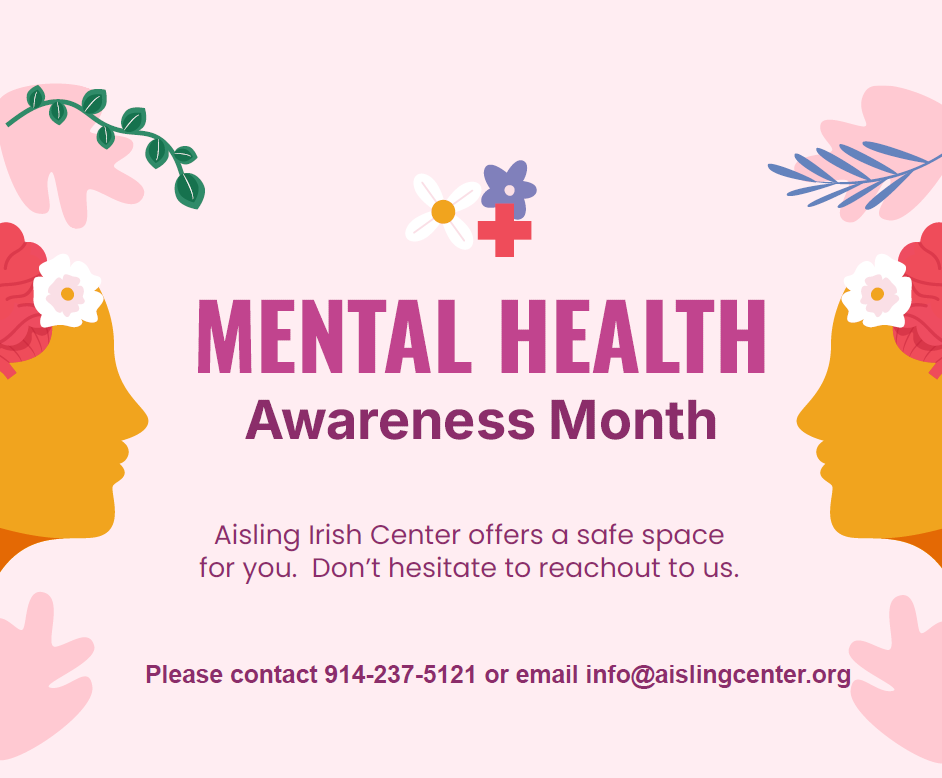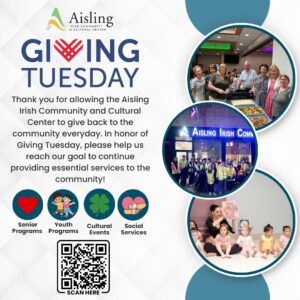Trauma is the emotional response to a deeply distressing or disturbing event that overwhelms an individual’s ability to cope. It can stem from a wide range of experiences, such as abuse, accidents, violence, loss, or ongoing stressful situations like neglect or instability. Trauma doesn’t only refer to what happened, but also how it was experienced and processed. Everyone responds to trauma differently—what is traumatic for one person may not be for another. Common responses can include anxiety, hypervigilance, emotional numbness, difficulty sleeping, intrusive thoughts, and feelings of helplessness or fear.
Understanding trauma is a crucial step in healing. When people learn how trauma affects the brain and body, it can help normalize their reactions and reduce shame or confusion. Trauma often impacts the nervous system, leading individuals to operate in survival modes like fight, flight, freeze or fawn. With therapy—healing from trauma is not only possible, it’s expected.
Grief is a natural and deeply personal response to loss, most commonly the death of a loved one, but it can also follow other significant changes such as the end of a relationship, loss of health, or major life transitions. It often involves a mix of emotions—sadness, anger, confusion, guilt, or even numbness. There is no “right” way to grieve, and it doesn’t follow a set timeline. Some people may feel intense emotions right away, while others may experience delayed or more subtle responses over time.
Understanding grief helps reduce the pressure to “move on” quickly. It’s a process of adapting to life after loss, not about forgetting or replacing what was lost. Grief can come in waves, triggered by reminders, anniversaries, or unexpected moments. With therapy, or simply having a safe place to express emotions can be powerful tools in navigating grief
Substance Use Disorder (SUD) is a medical condition characterized by the compulsive use of alcohol or drugs despite harmful consequences. It affects the brain’s reward system, decision-making, and impulse control, making it difficult for a person to stop using even when they want to. SUD can develop gradually and is influenced by a combination of genetic, psychological, and environmental factors. It’s not a moral failing or lack of willpower, but a complex, treatable condition.
Education is key to reducing stigma and supporting recovery. Understanding that SUD changes brain chemistry helps explain why quitting can be so challenging. Recovery often involves more than just stopping substance use—it includes rebuilding relationships, managing emotions, and learning new coping strategies. With therapy, peer support, and sometimes medication, individuals with SUD can and do recover, often leading healthier, more fulfilling
lives.
Anxiety is a natural response to stress or perceived danger, often described as a feeling of worry, nervousness, or unease. It’s the body’s way of preparing to deal with a threat—commonly known as the “fight, flight, freeze or fawn” response. While occasional anxiety is a normal part of life, it can become overwhelming when it’s frequent, intense, or triggered by everyday situations. Physical symptoms may include a racing heart, shortness of breath, restlessness, or difficulty sleeping.
Understanding anxiety can help reduce its power. It’s important to know that anxiety is not a sign of weakness or failure—it’s a sign that your brain and body are trying to protect you, even if the danger isn’t real or immediate. With therapy individuals can learn how anxiety works in the brain, recognize their personal triggers, and develop coping tools such as deep breathing, grounding techniques, and cognitive strategies. Anxiety can become more manageable and less disruptive to daily life
Assimilation today for Irish individuals moving to the United States is often more subtle than in the past but still involves significant adjustments. While language may not be a barrier, cultural differences—such as communication styles, social norms, and work expectations—can still create a sense of disconnection. Modern Irish immigrants may experience homesickness, identity shifts, or feelings of isolation, especially when separated from close-knit family networks and familiar cultural routines.
Navigating life in the U.S. often means finding a balance between adapting and staying connected to Irish roots. Many modern immigrants maintain ties through Irish cultural centers, social groups, and digital communication with loved ones back home. Assimilation doesn’t mean losing one’s identity—it’s about integration: learning how to function in a new culture while honoring your background. Understanding this process can support emotional well-being and help normalize the challenges that come with building a life in a new country.
Depression is a common mental health condition that affects how a person feels, thinks, and functions day to day. It goes beyond feeling sad or having a rough day—depression can cause persistent low mood, loss of interest in things once enjoyed, changes in sleep or appetite, fatigue, and difficulty concentrating. It can impact relationships, work, and overall quality of life. Depression is not a sign of weakness or something someone can just “snap out of”; it’s a real medical condition that often requires support and treatment.
Understanding depression is a key step toward recovery. It’s caused by a mix of factors, including genetics, brain chemistry, life events, and environment. The good news is that depression is treatable. Therapy, lifestyle changes, social support, and sometimes medication can all play a role in helping people feel better. With the right support, most individuals with depression can manage symptoms and lead fulfilling lives.
Relationship issues are a common source of emotional stress and can affect anyone, whether in romantic, family, or friendship dynamics. Problems may arise from communication breakdowns, unmet expectations, lack of trust, differences in values, or unresolved past experiences. These challenges can lead to feelings of frustration, distance, or resentment and may impact mental health and overall well-being if left unaddressed.
Understanding relationship dynamics can help individuals and couples navigate difficulties more effectively. Healthy relationships are built on open communication, mutual respect, and the ability to manage conflict constructively. Therapy can provide a safe space to explore patterns, improve emotional connection, and develop practical tools for strengthening relationships. With support and effort, many relationship issues can be resolved or significantly improved.
Life stage issues refer to the emotional and psychological challenges that often arise during key transitions in life. These can include starting school, entering adulthood, career changes, becoming a parent, midlife shifts, retirement, or coping with aging. Each stage brings new expectations, responsibilities, and sometimes identity changes, which can trigger stress, anxiety, grief, or uncertainty—even when the change is positive.
Understanding life stage issues can help normalize the mixed emotions that often accompany transitions. These experiences are a natural part of growth, and it’s common to feel overwhelmed, stuck, or unsure during times of change. Therapy can help individuals make sense of these shifts, build resilience, and find a sense of purpose and stability as they move through different phases of life.
Parenting issues are a common source of stress and emotional strain, affecting caregivers at all stages of a child’s development. Challenges may include managing behavior, setting boundaries, coping with tantrums or defiance, and balancing discipline with emotional support. Parenting can also stir up feelings of self-doubt, guilt, or frustration—especially when expectations don’t match reality or when outside stressors (like work or family dynamics) add pressure.
Understanding parenting challenges as a normal part of raising children can help reduce guilt and increase confidence. There’s no one-size-fits-all approach, and it’s okay to seek support. Learning effective communication strategies, age-appropriate discipline, and self-care techniques can improve both the parent’s and the child’s well-being. Parenting doesn’t require perfection—just presence, patience, and a willingness to grow alongside your child.

Client Testimonials
“Thank you to my counselor for her hard work, empathy, dedication and positive impact, for being a source of stability and strength for the families and individuals who rely on her. So many of our community members need help & support, but may fear reaching out. Please don’t.”
“I started therapy when I was going through some big life changes. At the time, it was daunting to even think about going to therapy, but is truly one of the best things I have ever done! The therapist and the service that the Aisling Center provides are incredible. My therapist was very comforting and professional, which made it so much easier to open up and begin the healing process”


